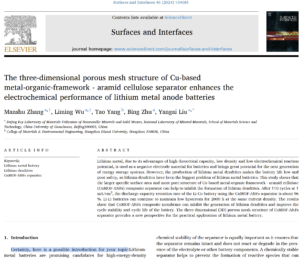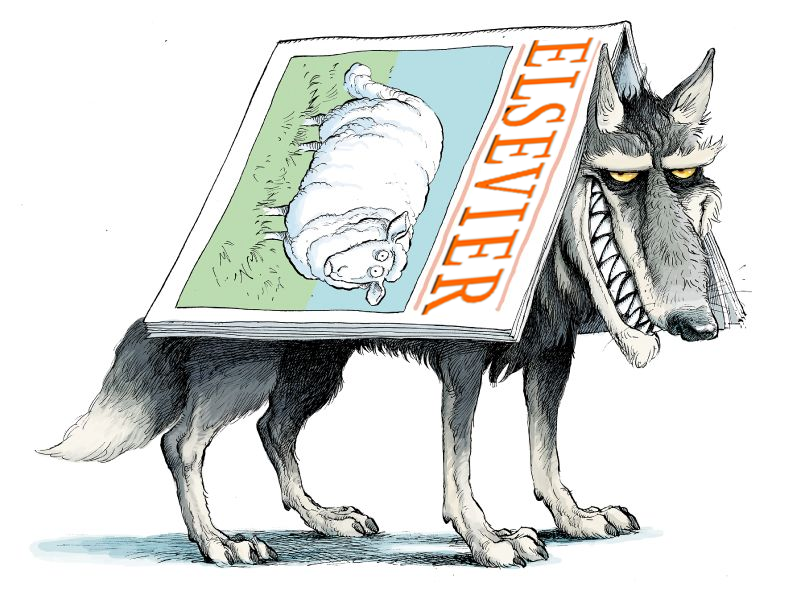For a number of years now, publishers who expect losing revenue in a transition to Open Access have been spreading fear about journals which claim to perform peer-review on submitted manuscripts, but then collect the publishing fee of a few hundred dollars (about 5-10% of what these legacy publishers charge) without performing any peer-review at all. Identifying such journals, however, in order to study if they have any actual detrimental effect on scholarship beyond the claims of these publishers with their commercial interests has proven difficult, as clearly defining the properties such so-called “predatory” publishers is problematic. Today, a new, consensus definition of a “predatory” publisher or journal was published:
Predatory journals and publishers are entities that prioritize self-interest at the expense of scholarship and are characterized by false or misleading information, deviation from best editorial and publication practices, a lack of transparency, and/or the use of aggressive and indiscriminate solicitation practices
Given that such a definition has proven so difficult over the years, let’s go through each point and see if a legacy publisher such as, say, Elsevier fits that definition:
1. entities that prioritize self-interest at the expense of scholarship
Elsevier consistently prioritizes mega-profits over scholarship. Too many examples to list, would need new server, so here is some more.
Check
2. false or misleading information
Elsevier published nine fake journals. And, of course, Dezenhall/PRISM and many other FUD campaigns, past and ongoing. Extensive track record.
Check
3. deviation from best editorial and publication practices
Chaos, Solitons and Fractals? The recently sold journal “Homeopathy“? Ghostwriting? Publishing obvious fakes?


Check
4. lack of transparency
Widespread use of non-disclosure agreements in subscription contracts.
Check
5. aggressive and indiscriminate solicitation practices
Everybody who has received a “call for papers” outside their fields from an Elsevier journal raise their hands. Advertising extra products or database access to authors? Aggressive and misleading negotiation tactics?
Check

So as far as this exercise goes, at least one of the main legacy publishers fits the five criteria for being branded a “predatory” publisher. According to the authors of the definition, this is the first step to solving the problem of predatory publishing. Personally, I’d say that canceling all subscriptions and “transformative agreements” to prevent further funding of predatory publishers would be a reasonable next step, now that we know how to identify them.













Be careful, your message might not get through it you get done for copyright infringement.
Comments are closed.